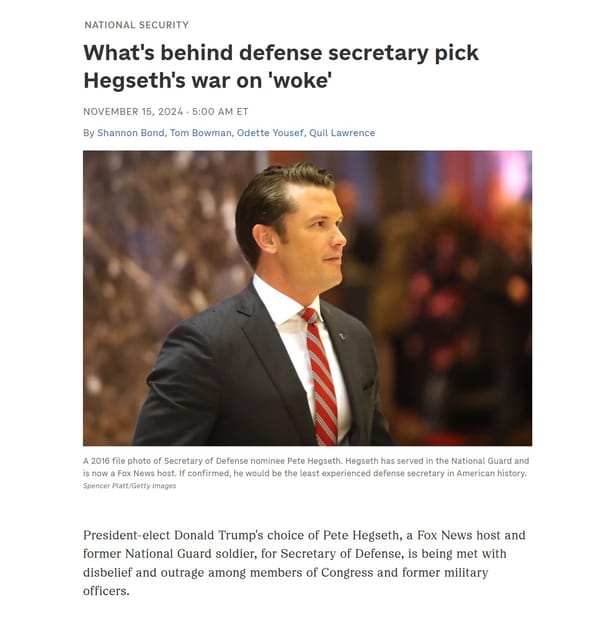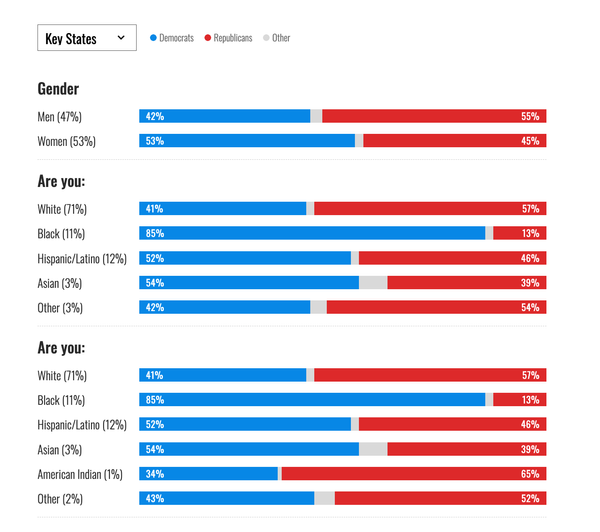Setting the record straight
The powerful escape responsibility while the real heroes are erased.
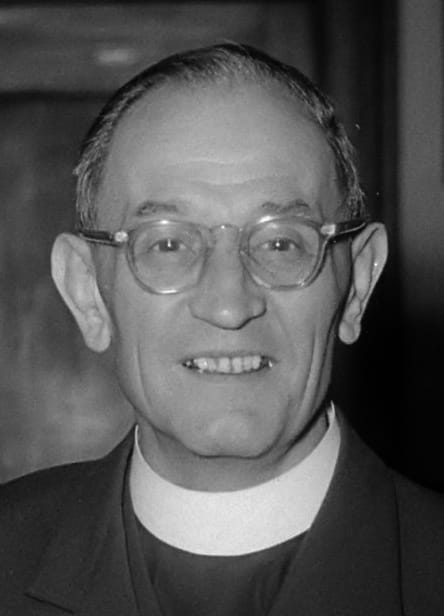
It is the autumn of 1944 and 57-year-old Ida Jauch is in poor health and living in what used to be her "garden shed" in the Trinity Garden Colony in the Lichtenberg district of Berlin, Germany.
By this time, the war is not going well for Germany and homelessness and unemployment are on the rise. Many poorer Berliners are living full-time in the allotment gardens that were previously used just for recreation.
Jauch has a secret.
She is hiding a Jewish teenager, the grandson of a friend, from the Nazi authorities.
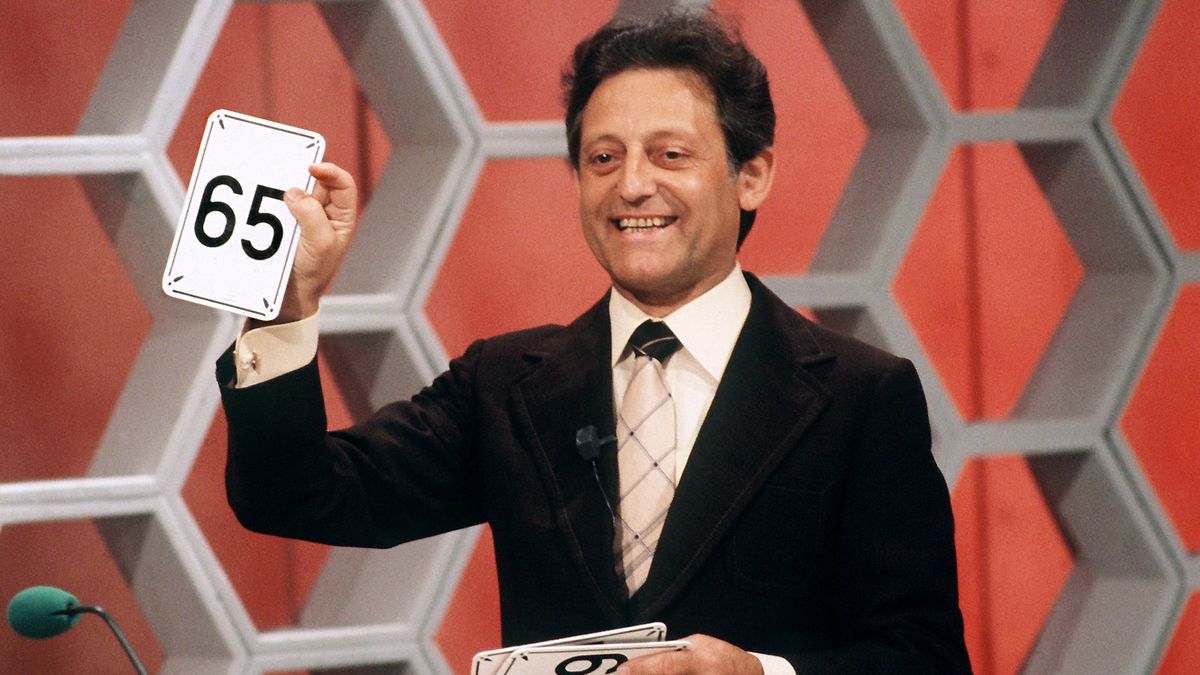
"You can stay with me, Hansi," the words that Hans Rosenthal recalled Ida Jauch telling him when he asked for her help to avoid deportation to a Nazi concentration camp. "The war won't last much longer. This evil spell will be over soon."
Jauch shares her food ration with him, but it isn't enough for even one person, let alone two, and she recruits two of her garden colony neighbors, Emma Harndt and Maria Schönebeck to help. Together they keep the teenager, Hans Rosenthal, alive.
Possibly sensing that she would not live much longer, she writes a verse from Psalm 91 on a piece of paper and gives it to him. He would keep it the rest of his life.
"For he has commanded his angels concerning you to guard you in all your ways." (Psalm 91:11)
Ida Jauch died in September of 1944 and did not live to see the end of Hitler's "evil spell," as she once termed it.
Neighbor Maria Schönebeck took him into her garden house to hide another year until, finally, the Soviet Army reached Berlin.
For decades after the war, almost no one knew of Hans Rosenthal's ordeal--his courage in suviving the war, nor the quiet heroism of his rescuers.
People who had helped Jewish families were still considered by many traitors to their country, and anti-Semitism was still rampant.
Maria Schönebeck died in 1950 at the age of 49. Her husband had already died in a Polish prisoner of war camp, and her son, Horst, was killed in battle serving on a German U-boat.
She has no known descendants.
Hans Rosenthal went on to become a popular television game show host in Berlin--first in the eastern part of the city where he was from--later in the west.
But according to his son, for years he was reluctant to speak about his life before the war.
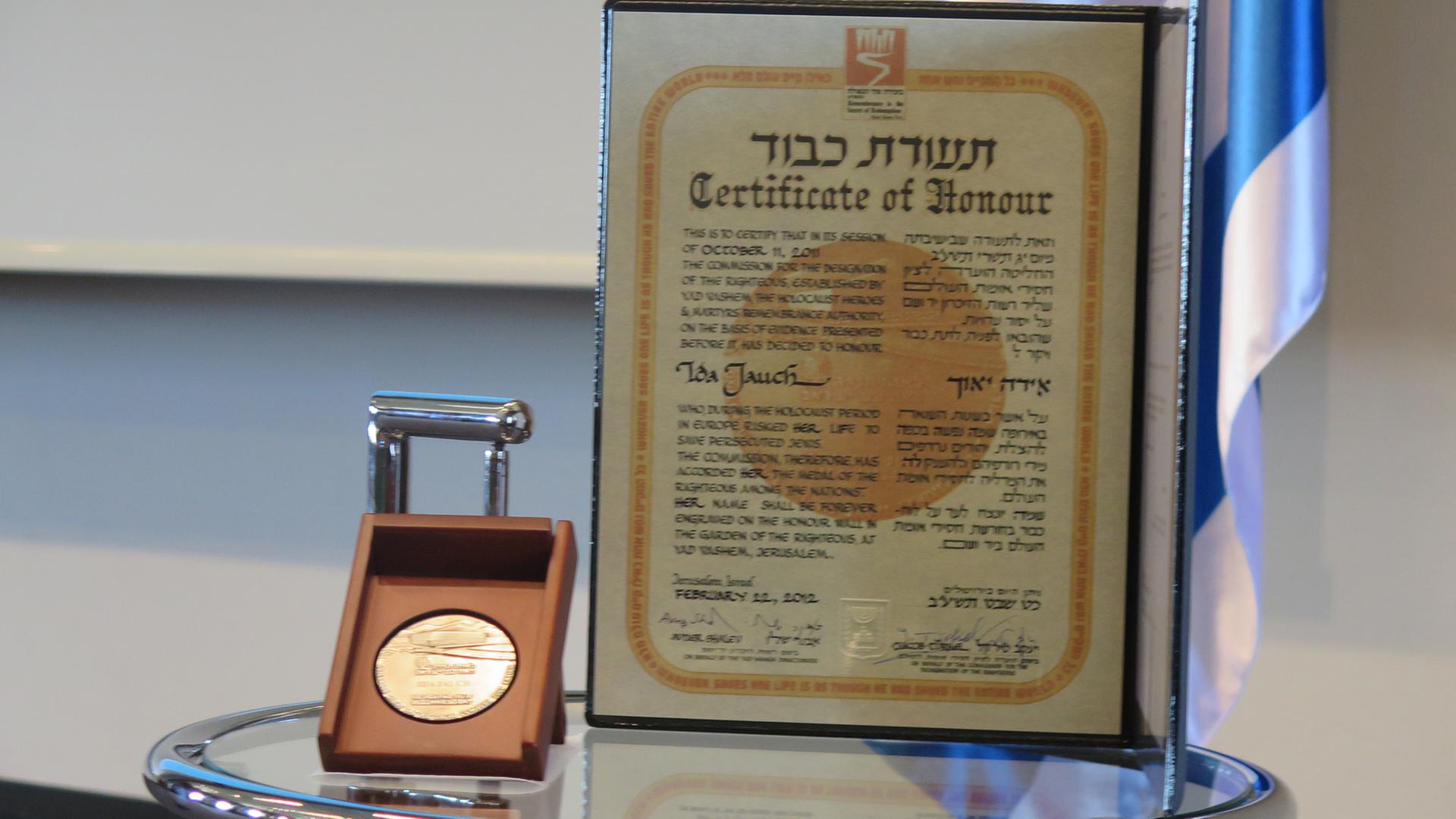
That changed in 1980, when he decided to publish his memoir, Two Lives in Germany (Zwei Leben in Deutschland) and talk about his history, including gratitude to the women who helped him.
“When I look back on my life today, it was these three women from the " Dreieinigkeit " colony - Mrs. Jauch, Mrs. Schönebeck and Mrs. Harndt - whose help has made it possible for me to this day to live in Germany without prejudice after this terrible time for us Jewish people, to feel myself a German, to be a citizen of this country without hatred. Because these women had dared to risk their lives to save me."
It is only after the release of the book–long after all three women have died--that they begin to be remembered for their heroism.
In October 2015, the Holocaust remembrance organization, Yad Vashem, recognized the women as being among its Righteous Among the Nations, non-Jews who risked their lives to help Jewish people during the Holocaust.
As the webpage for the list of the Righteous indicates, rescuers came from all walks of life and all backgrounds, but they shared a bravery that was, unfortunately, rare.
Bystanders were the rule, rescuers were the exception. However difficult and frightening, the fact that some found the courage to become rescuers demonstrates that some freedom of choice existed, and that saving Jews was not beyond the capacity of ordinary people throughout occupied Europe. The Righteous Among the Nations teach us that every person can make a difference.
From Nazi cheerleader to pacifist
I first wrote about Ida Jauch and Maria Schönebeck in an article over on Alte Frau, New Life about some of the Berlin women who hid their Jewish neighbors from the Nazis.
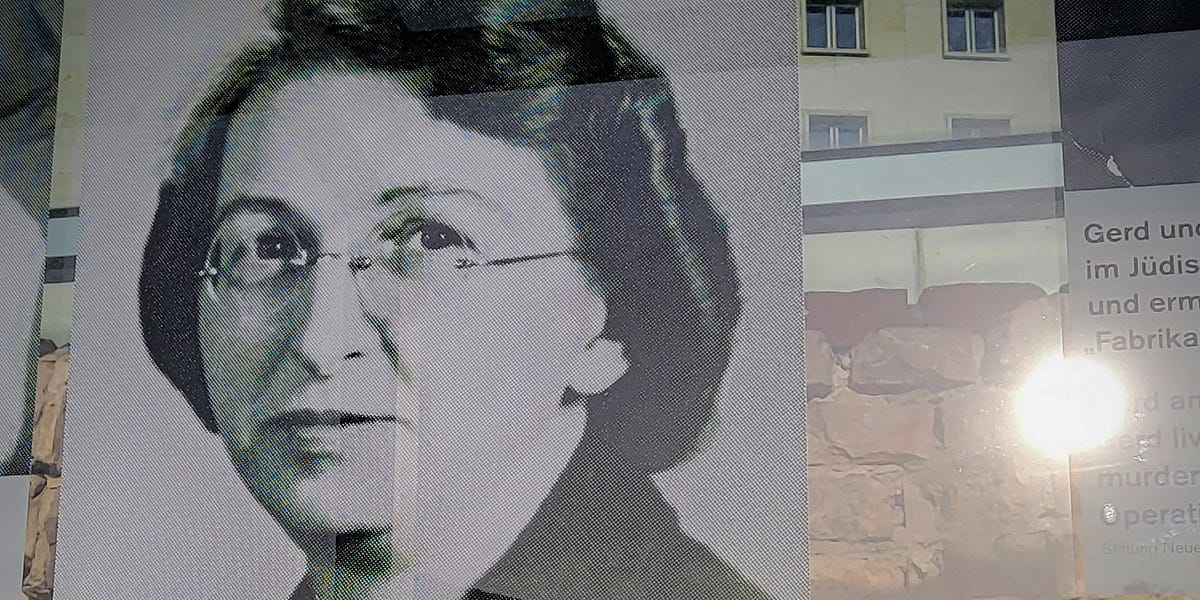
I've been thinking a lot more about them since I read this piece by Noah Berlatsky about a much more famous 'opponent' of the Nazis, the German clergyman Martin Niemöller.
Niemöller is probably best known to the American public as the author/originator of the statement against authoritarianism that reads:
"First they came for the socialists, and I did not speak out—because I was not a socialist.
Then they came for the trade unionists, and I did not speak out—because I was not a trade unionist.
Then they came for the Jews, and I did not speak out—because I was not a Jew.
Then they came for me—and there was no one left to speak for me."
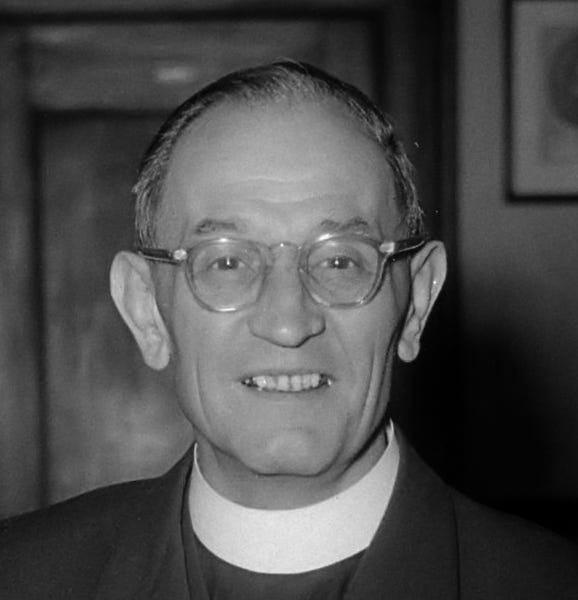
Except that Niemöller did speak out. But not in defense of the Jews or the socialists or the trade unionists - but in opposition to them.
In a 1935 sermon, Niemöller described the Jews as “a highly gifted people which produces idea after idea for the benefit of the world, but whatever it takes up changes into poison, and all that it ever reaps is contempt and hatred.”
He spoke at length about his support for the racist Nazi laws depriving Jews of their position in German society. And he despised Socialism because of its rejection of the church.
As Berlatsky states:
[H]e voted for Nazi candidates in 1924, 1928, and 1933. In his best-selling 1933 autobiography From U-Boat to Pulpit, he cheered on Hitler’s victory enthusiastically, referring to the Weimar Republic as “years of darkness” and predicting that Hitler would bring about a “national revival.” Nazi reviewers praised the book, and no wonder; Niemöller was one of their own.
His break with the Nazi regime came because of the regime's insistence on asserting its power over the church by removing clergy who had Jewish ancestry but had converted to Christianity.
And even after being sent to the concentration camp at Dachau for vocally opposing Hitler's authority, he twice offered to serve again as a U-Boat captain for the German Wehrmacht to fight for Nazi Germany in return for his release.
(He was also given preferential treatment at Dachau--housed in an individual cell in a separate building and allowed to visit others, as well as access to the library.)
The concept of German 'collective guilt'
The Nazis did not accept either offer and Niemöller remained imprisoned until liberation by the American military in 1945.
After the war, while Hans Rosenthal was struggling to forget the trauma of his experiences, including the death of his entire family during National Socialism, Niemöller was busy rebranding himself as a contrite, principled opponent to war and violence.
He advocated for the German Council of Churches' adoption of the Stuttgart Declaration of Guilt, which states in part:
"Through us infinite wrong was brought over many peoples and countries. That which we often testified to in our communities, we express now in the name of the whole church: We did fight for long years in the name of Jesus Christ against the mentality that found its awful expression in the National Socialist regime of violence; but we accuse ourselves for not standing to our beliefs more courageously, for not praying more faithfully, for not believing more joyously, and for not loving more ardently."
Even at the time, critics noted the lack of any mention of specific atrocities committed by the Nazis nor any admission of the churches early support of Hitler.
I think anyone can see the gap wide enough to drive a Panzer through between 'We didn't do enough to oppose Hitler' and what really happened, which is 'We were fine with Hitler until he came for us, too.'*
Nevertheless, ultimately Germany as a whole has largely adopted the position of collective guilt for Nazi atrocities– the concept that German society at the time was overwhelmingly in support of and enabled the regime so the entire society is equally guilty for Nazi crimes.
Children are largely taught this from the time they enter school.
If you ask about many Germans what they know about German resistance during the war, many will tell you that there was virtually none--and that Hitler was overwhelmingly popular until after the military's defeat. That everyone's grandparents (or great-grandparents, now) were complicit and it is something they have to live with.
And, Niemöller today gets much of the credit.
All the credit, none of the blame
Reading about this, I can't help but be reminded, once more, how the powerful escape responsibility for the harms that they cause. While the vulnerable ultimately bear the costs of a situation they did not create.
How the architects of authoritarianism, oppression and exploitation usually emerge from great crises of their own making largely unscathed– while their victims are forgotten.
Niemöller was a popular and well-known Lutheran pastor of a large church in the Berlin suburb of Dahlem, and he was an enthusiastic and vocal supporter of Hitler's seizure of power.
He benefited and expected to continue to benefit from the Nazi regime's oppression of political opponents and Jewish citizens.
Others have written about how precarious Hitler's early takeover of the German government was.
How differently could the outcome have been, if Niemöller had not been using his pulpit to support fascism?
I am more and more convinced that the concept of collective guilt serves authoritarian regimes and those who are complicit supporters.
When these regimes fail, it ensures the blame is shared and spread thin, staining everyone with the shame, obviating individual responsibility.
'We were deceived. We didn't know ... Everyone thought that then. No one understood what was happening.'
But many did know. But their contributions have been erased, obscured making others believe that resistance was not possible or ineffective.
Most people today will still never know the names of Ida Jauch, Maria Schönebeck, Emma Hardnt. Or the more than 500 other Germans also recognized by Yad Vashem for risking their lives for others.
Many still don't know about Sophie Scholl and the White Rose movement. They don't know about the resistance group organized by Elisabeth and Erich Gloeden.
Wikipedia documents 24 separate attempts on Hitler's life, including several by high-ranking members of the military. People knew it was wrong. They believed stopping him was worth risking their lives.
Yet it is Niemöller's obituary, published in the March 8, 1984 edition of the New York Times bears the headline "Martin Niemöller, Resolute Foe of Hitler."
To be sure, in the immediate postwar years, there was a huge amount of denial among the German population. Many people, even among Allied nations, considered the German population to be the victims, not complicit perpetrators, of the Nazi atrocities.
Even Niemöller once complained about the Allied occupation of west Germany, saying that the actions of the U.S. soldiers in the American sector were "worse than anything the Nazis ever did."
(He said this in 1946 - after the atrocities of the Final Solution were well known. Let that sit for a minute.)
The efforts to force the acknowledgement of the enormity of the Holocaust and the harm caused by the invasion and subjugation of neighboring countries were - and still are - important.
But given that Niemöller himself refused to acknowledge his true level of responsibility, his scrupiously retconned reputation, it makes his and emphatic support for "collective guilt" seem even more questionable.
*Lutheran theologian Dietrich Boenhoffer is an exception. He was a vocal opponent of the Nazi regime from its beginning.







